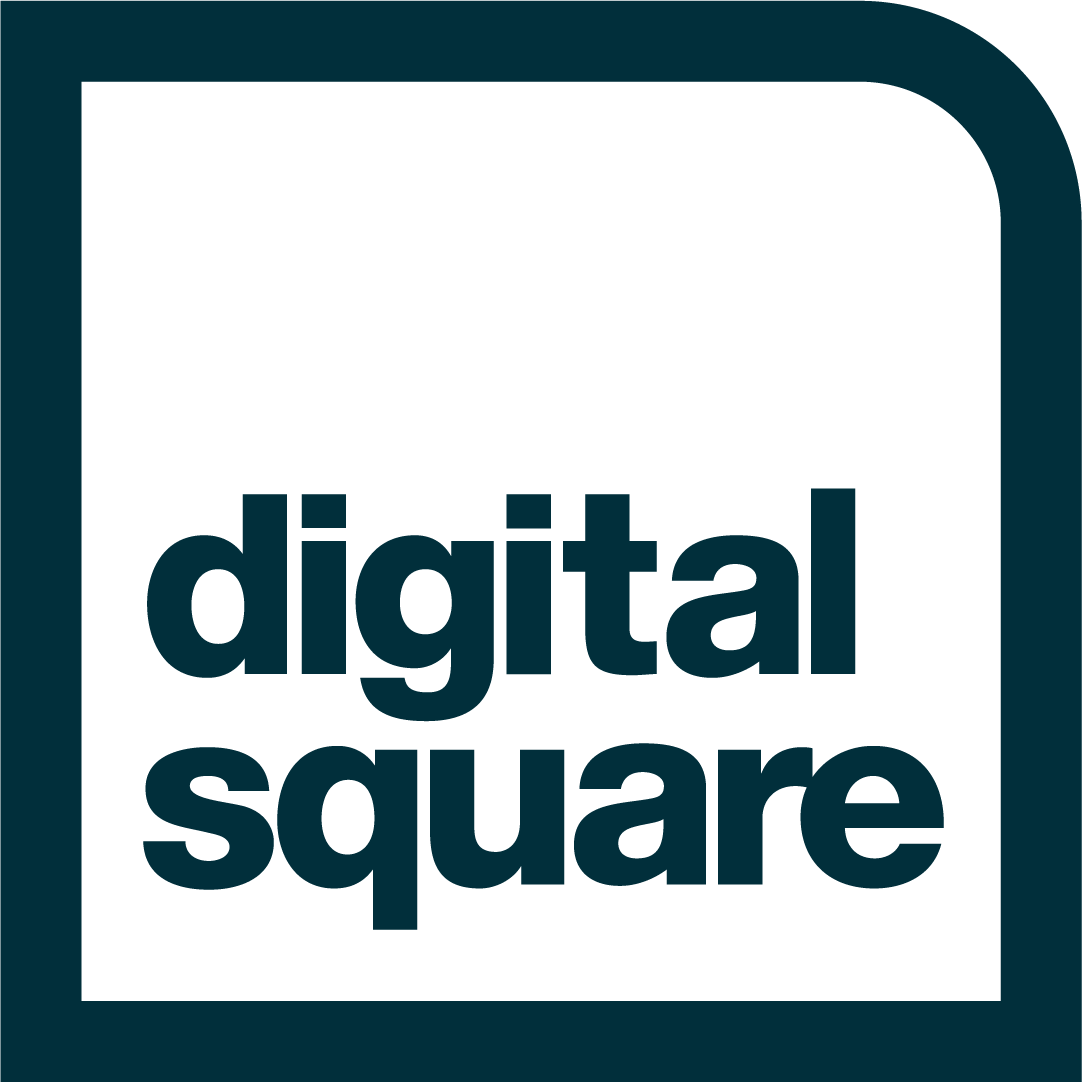PROJECT
Digital Square at PATH is soliciting proposals from qualified providers/consortiums to develop a national digital immunization registry for Malawi that will meet the requirements as defined in the Immunization Product Suite System and User Requirements document (SURD). This document is derived from the Better Immunization Data (BID) project conducted by PATH and is informed by WHO’s digital adaptation kits (DAKs) and resources of WHO’s standards-based, machine-readable, adaptive, requirements-based, and testable (SMART) guidelines initiative.
Information detailed in the Immunization Product Suite SURD reflects generic workflow processes, data elements, and decision-support algorithms and describes linkages to related services for immunization, such as civil registration and vital statistics (CRVS), facility registry, client registry, inventory management, appointment scheduling, and reminder generating. The immunization registry requirements are intentionally generic, and any proposed solution must be developed so that it can be contextualized to local policies and requirements. While the initial requirement is for components that meet the basic needs of the immunization use case, the solution should also have the capability to evolve to support additional use cases as Malawi expands its digital infrastructure and as its technical capacity expands and matures.
Given the conceptual modular approach and emphasis on adaptation or re-use of existing tools, it is expected that the successful applicant(s) will be a single vendor or consortium of vendors who will collaborate to develop the interoperable workflows and produce an integrated immunization registry that can be demonstrated and that is testable and deployable.
DELIVERABLES
The deliverables of this RFP should, at a minimum, include:
A. Software
A first version of an immunization registry module within the Hospital Wide Information system (HWIS) that is interoperable via standards-compliant interfaces to support the end-to-end immunization workflow.
A quality assurance framework and test suite to ensure safety and performance of the solution. Tests should include unit tests for code, integration tests, functional tests to validate that features work as expected, and performance metrics. Tests should comprise functional tests, as well as automated tests where automation is appropriate and feasible. These tests must clearly map back to the SURD and follow good testing practices.
A packaged solution that ensures ease of deployment and that should align with Instant OpenHIE as much as possible.
Functionality that allows implementers to validate that the installation of all components can be successfully completed with the generation of an installation report for the purposes of installation qualification. The installation report must show evidence (e.g., screenshots) of the successful completion of each step taken to perform the installation.
B. Documentation
A comprehensive set of immunization registry documentation is imperative. While existing materials can be used, this should not be simply a collection of existing documents for each tool but, instead, a harmonized set of product documents using consistent terms and language to provide a seamless view of the overall workflow. Further explanation of the required documentation is included in the RFP.
C. Community engagement
The successful applicant will be expected to engage with the relevant open communities as appropriate and should describe any existing participation and a plan for further engagement. These should include the OpenHIE and WHO SMART Guidelines communities.
D. Sustainability plan
The sustainability plan should include proposed activities over the project period that would provide all parties with a plan for ensuring the continued success of the implementation. For example, this may include negotiations with the Malawi Ministry of Health and local providers to support service-level agreements, capacity strengthening activities, or other priority needs identified during the technical assessment. The agreed plan would be delivered at the end of the project.
GEOGRAPHIC REQUIREMENTS
Applicant(s)/consortium(s) should demonstrate that they have local presence and have resources based in Malawi with capacity to deliver the work to ensure quick turnaround time and minimal cost during the support period and for ease of knowledge transfer and sustainability.
PROPOSED PROJECT TIMELINE
PATH anticipates that the implementation period for the selected recipient will be about five months.
PROPOSAL
Proposals are due by 8 p.m. EDT on Friday, September 22, 2023. Completed proposals must be submitted via WizeHive.
All applications should be entered into the WizeHive platform. The process for submission is as follows:
Navigate to the submission portal and click "Sign Up" or "Login."
Once logged in, click "Create a Profile to Get Started." This step must be completed before you can proceed with the application.
Click the "Get Started" box (marked with a "+").
You can now access and edit the two required forms.
All forms can be saved in draft prior to submission.
Once both required forms are completed, the "Submit" button will be green and clickable. Once submitted, forms cannot be edited.
We advise that you pay close attention to upload instructions for file types. We will not accept responsibility for resolving technical transmission problems with applications.
Successful applicants will be notified of the decision on Friday, September 29, 2023.

